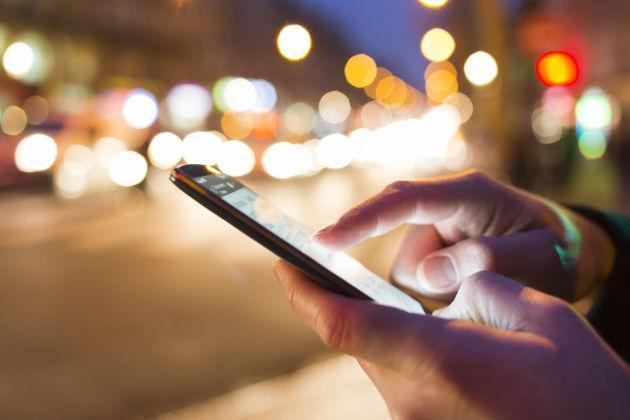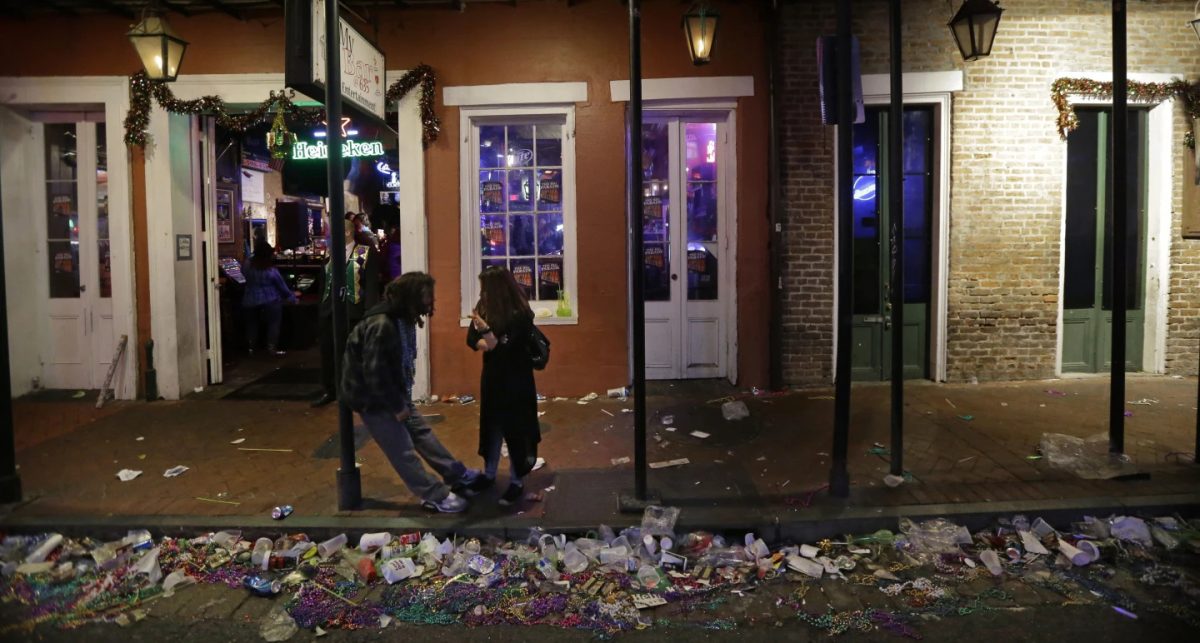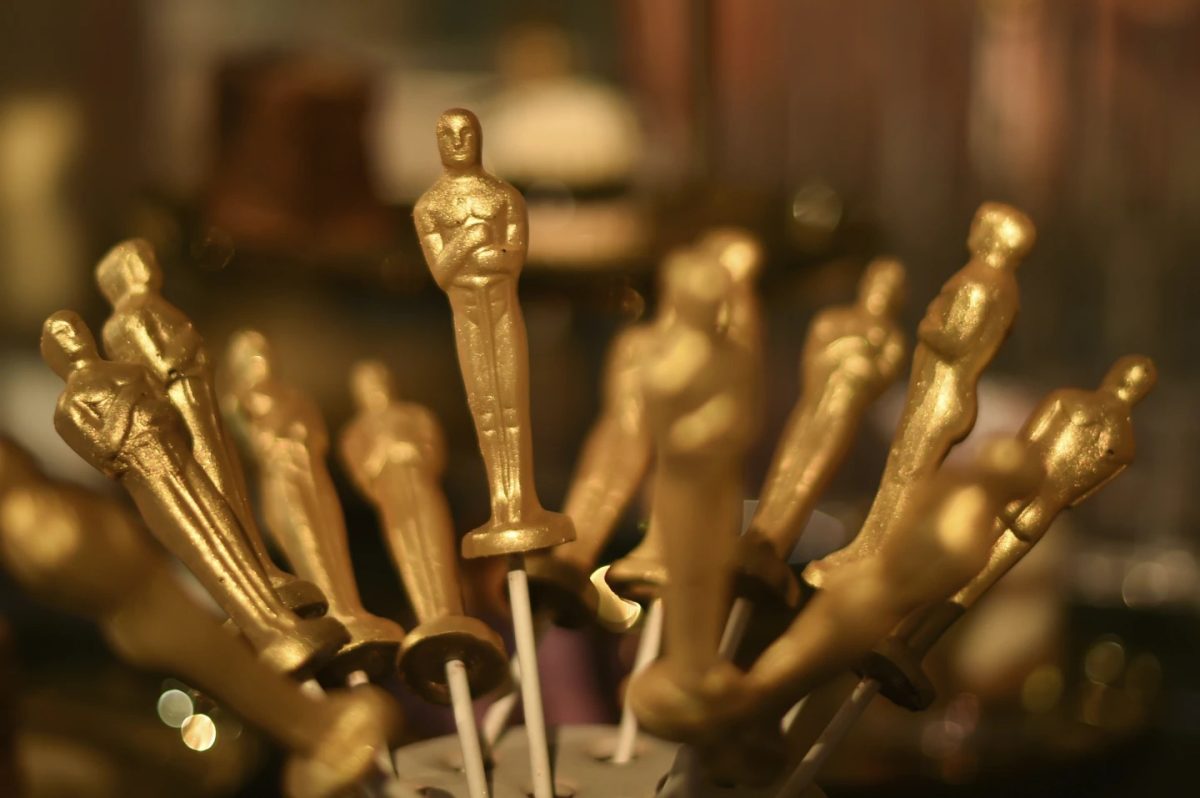If you were a middle schooler exposed to the Internet circa 2012, you may be entitled to financial compensation.
The early to mid-2010s Internet era created the Bad Luck Brian meme, planking, “hot dogs or legs,” rage comics and doge. Bo Burnham was the hottest YouTuber and Rebecca Black’s “Friday” was on repeat. It was an unapologetically cringey time that defined childhood for many Gen Z’ers, myself included.
Also popular during this era — both online and offline — was a brand of humor that made self-loathing cool. Some jokes that would have been popular include:
“This shirt is as black as my soul.”
“That trash can over there is literally me.”
“My name is Cécile, but my parents call me ‘a disappointment.’”
“I want to die.”
These comments defined what I thought of as normal banter in middle school. I thought friends were supposed to insult each other relentlessly — as long as they ultimately insulted themselves more, of course.
Even at the time, I felt distinctly uncomfortable laughing while people put themselves down. Was I agreeing with them if I laughed? Was it awkward if I told them that I actually thought they were good people?
I tried to join in by desperately making the same jokes right back. They called themselves the worst, and I would reassure them that I was too. If I made fun of my insecurities, my pimply skin, my frizzy hair before others, then it briefly felt like I was in control, no matter how low my self-esteem dropped as a result.
I never once considered that maybe the self-hating humor was to blame for my discomfort, not me. The research suggests that my experience was far from unique; humor can be an effective coping mechanism for depression and suicidal ideation, but with an important caveat: the humor must be positive.
In other words, affiliative and self-enhancing humor styles that promote bonds among groups make people feel better, while aggressive and self-defeating humor styles, like the kinds that proliferated in the early to mid-2010s, worsen depressive thinking.
Thankfully, online humor has steadily grown more positive since that era. Maybe it’s because the generation that lived through this era eventually outgrew the low self-esteem of adolescence.
Maybe the shift in humor reflects how social media platforms must now cater to a much more diverse population, one whose patrons aren’t as eager to talk about how ugly and pathetic they think they are. Maybe the offline world has simply become so stressful that people can’t afford to be more miserable than they already are, just as a fellow Reveille columnist postulated about the rise of cottagecore.
Friends are now more likely to call each other kings and queens than stains on the face of the earth. It’s cool to think that you look good in a picture, and it’s cool for others to agree. Memes have diversified to include everything from ridiculous dadaist masterpieces to niche academic commentaries (I’ve seen memes with APA citations), but their primary aim will always be to entertain, not sow self-loathing.
The Internet is still far too toxic to be considered a wholesome place, but the humor characterizing social media platforms is undeniably much more positive than it once was, and we are all the better because of it.
Cécile Girard is a 21-year-old psychology junior from Lake Charles.







